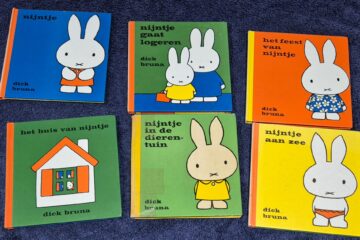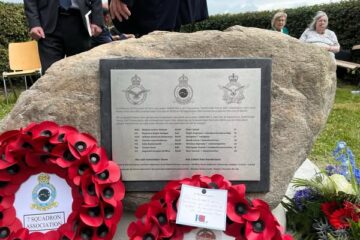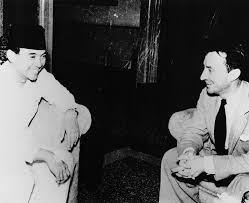In the 1820s the Dutch Colonial naval vessel Doerga (Dourga) the Dutch was sent by Netherlands East indies Government to northern Australia to establish Dutch claims to the region and to investigate the trepang trade.
The voyages of the Dutch brig of war Dourga, were recorded by its Captain Dirk Hendrik Kolff and published as Voyages of the Dutch brig of war Dourga through the southern and little-known parts of the Moluccan archipelago and along the previously unknown southern coast of New Guinea performed during the years 1825 and 1826. Translated from the Dutch by George Windsor Earl.
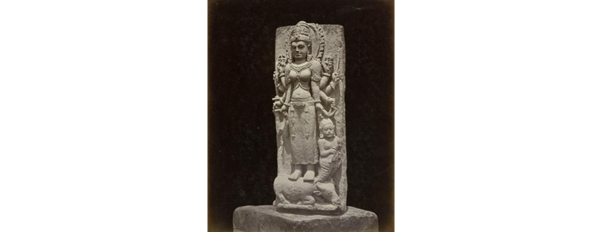
During its voyages, the Dourga contacted Indigenous peoples in the region, including the Yolngu people of the Kimberley’s. He also conducted surveys of the coastline and mapped parts of the region. The Dourga kept fairly close to the shoreline, and never entered into Torres Strait. Rather, Kolff turned the vessel around and returned to the Moluccas. The point where he turned around would become the eastern boundary of Dutch New Guinea (and consequently, the eastern limit of the Netherlands East Indies and the boundary with British and German New Guinea after 1884). His turn-around point would demarcate Australian and Dutch territorial waters (which later had interesting consequences for the Torres Strait pearlers).
Kolff’s account of these voyages provides valuable insights into the early interactions between Europeans and Indigenous Australians in the area, as well as the trepang trade and Dutch colonial activities in the region.
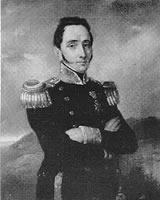
Kolff was born in the Netherlands in 1800 and joined the Dutch navy in 1814. In 1823, he was sent to the Dutch East Indies, where he served as a naval officer for several years. In 1836, he was appointed to lead an expedition to northern Australia to investigate the trepang trade and to establish Dutch claims to the region.
After returning to the Netherlands in 1839, Kolff continued to serve in the Dutch navy and was eventually promoted to the rank of rear admiral. He died in 1843.
He served as commander of various Dutch naval vessels and was eventually promoted to the rank of rear admiral in 1855.
In addition to his naval career, Kolff was also involved in various other endeavours throughout his life. He was a member of the Royal Netherlands Academy of Arts and Sciences, and he served as a member of the Dutch parliament for a time. He was also involved in the founding of several scientific societies and played an important role in the development of oceanography as a field of study.
See also:
A short overview of the Dutch exploration of Torres Strait
Other sources:
